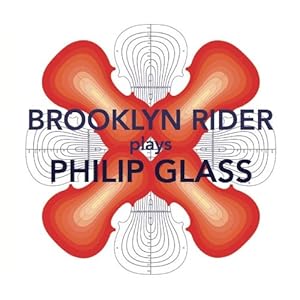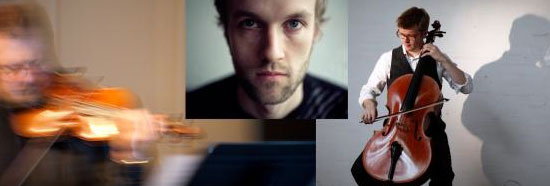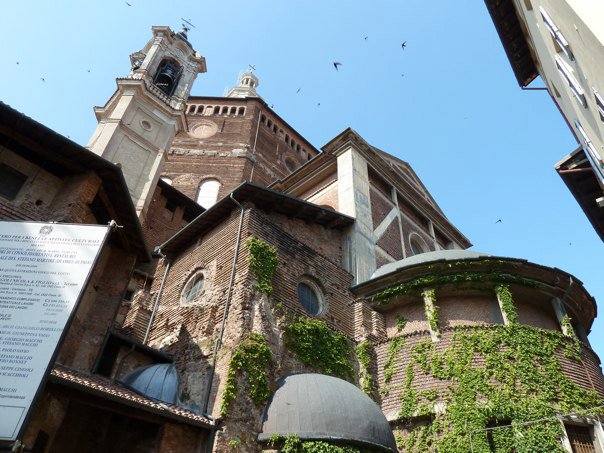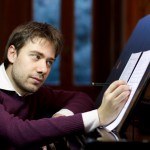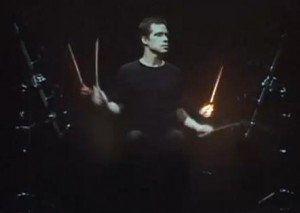As I alluded in an earlier post, Washington, D.C.’s new music scene has been exploding lately. Part of that explosion comes courtesy of Kathleen Supove, who on Tuesday will be performing one of her “Exploding Piano” programs at the new music series at the Atlas Performing Arts Center (full disclosure: I’m that series’ curator). In anticipation of this event, I’ve asked Kathy to write a few words about her program:
 When Armando Bayolo asked me to perform on his New Music Series at the Atlas Theater in Washington D.C., I immediately thought: what am I going to play at the NATION’S CAPITAL? …the place that’s home to the Smithsonian, the Kennedy Center Honors, and the place from which we all imagine sending time capsules to other planets.
When Armando Bayolo asked me to perform on his New Music Series at the Atlas Theater in Washington D.C., I immediately thought: what am I going to play at the NATION’S CAPITAL? …the place that’s home to the Smithsonian, the Kennedy Center Honors, and the place from which we all imagine sending time capsules to other planets.
Something I’m proud of is having commissioned more than a few stellar pieces that could take their places in the 21st Century piano repertory. Particularly, I would cite the multimedia works, with sound tracks and, sometimes, video. Not only are they great virtuosic vehicles with all those challenges and rewards, but they have soundtracks that are original, evocative, and infectious. Send them to the moon!!
Also, I saw this as a time to REPRESENT: it’s an America that is about quilting as well as about Steve Reich’s “Different Trains”, about Quaker revival meetings as well as the Metropolitan Opera. I wanted things that reflected the American musical language in some way, and I also wanted to reflect the American sense of humor.
Here’s the program:
“Isabelle Eberhardt Dreams of Pianos” by Missy Mazzoli
“The Same Sky” by Carolyn Yarnell
“On Track” by Anna Clyne
“What Remains of a Rembrandt” by Randall Woolf
“Digits” by Neil Rolnick
You can’t find a better example of the American vernacular crafted into art music than Missy’s piece; Carolyn’s piece is quite simply one of the best piano works of the last 20 years. Anna Clyne may have been born in London, but here she demonstrates a truly American sense of humor and appropriation of found sounds; Neil’s piece exhibits all of the above with an American aesthetic that perhaps finds it roots in Scott Joplin and other early ragtime artists.
These are not the only pieces that I love and am proud to program, but they certainly represent a kind of hit parade for me. But I also wanted something new. What fun is performing without that? Here’s where Randall Woolf’s piece came in. Full disclosure: he’s my husband. He hadn’t written a piece for me in a decade, but did so this fall. It was premiered two weeks ago in Florida (a commission by New Music New College), and I wanted to add it to the mix. The piece is part of a large project on which I’m embarking called Digital Debussy, in which composers create works that either subject Debussy fragments to modern electronic processes or, in some way, realize a 21st century Debussy. Randy is one of those maverick Americans, who is always pushing his and the world’s envelope a little. I knew he wouldn’t disappoint on this.
I can’t wait to see what the audience in Washington D.C. will be like. I’m pretty sure they won’t be bored. Now, to figure out what I’ll wear and what I’ll say…….
-KS
 Washington, D.C. readers may have noticed that the new music scene in the District has been exploding lately. This week brings another significant event when New York’s
Washington, D.C. readers may have noticed that the new music scene in the District has been exploding lately. This week brings another significant event when New York’s 